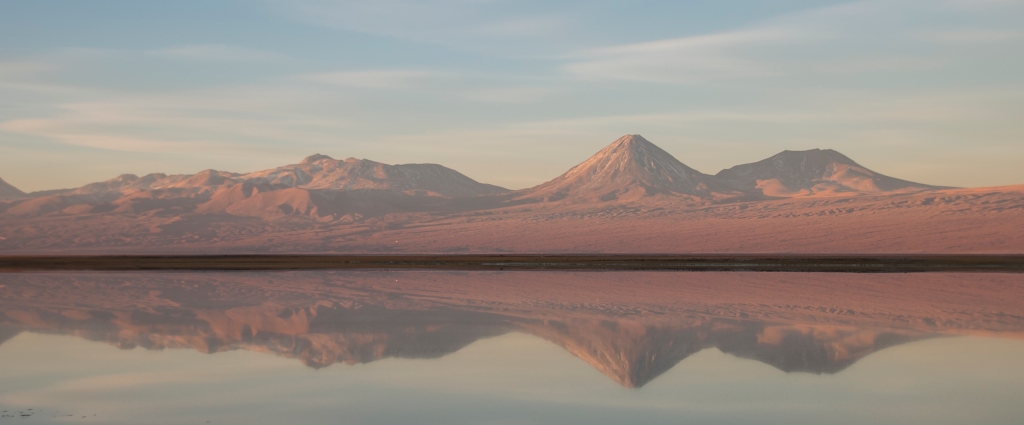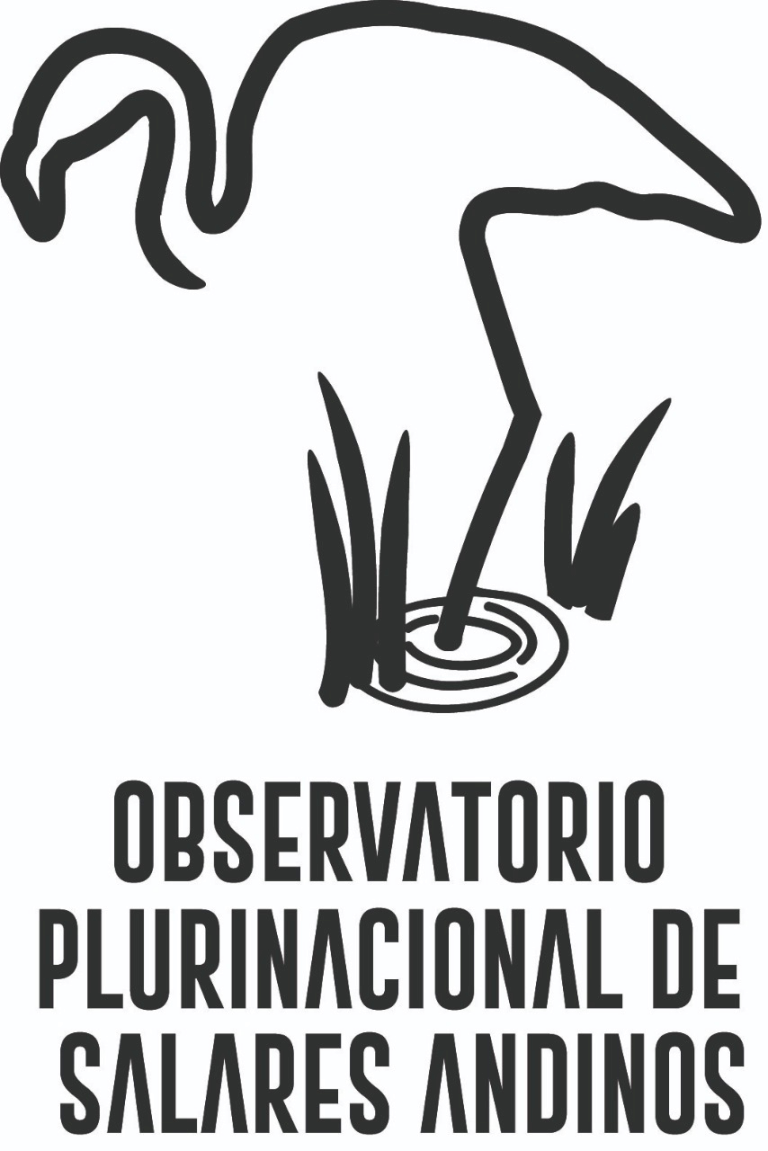Nearly eight months after the popular uprising in Chile and in the midst of a pandemic which has brutally hit the most vulnerable sectors of society, it is almost surreal to imagine that as recently as December of last year, Santiago de Chile was to host COP25. However, following overwhelming state repression against popular protests, the Chilean government decided that the conditions were not right and the unresolved challenges of the Paris Accords were finally discussed in Madrid. Among them, an energy transition where electromobility plays a central role, despite the fact that its socio environmental impacts – especially those linked to mining – deeply contradict the principles of what many understand as environmental justice. During the closing of its participation in the plenary session, the Spanish movement Ecologistas en Acción shed some light on the limitations of the summit with the phrase “This COP has failed people and planet. Power to the people, climate justice”.
In Chile, thanks to the collective efforts of various sectors of civil society and despite the difficult political climate, a series of parallel events took place which created space to reflect on the socio-environmental crisis and make visible the flipside of “development”. Among these organizations was the Plurinational Observatory of Andean Salt Flats, a group born several years ago in San Pedro de Atacama that today brings together representatives of communities, organizations and researchers from Chile, Argentina and Bolivia, concerned about the consequences of the intensification and expansion of lithium extraction in the triangle of the Andean salt flats (baptized by the mining industry as the lithium triangle). To satisfy the growing market for electric cars, the already over-exploited Salar de Atacama will not be enough, and it will be necessary to extract from more aquifers and salt flats, with an apparent disregard as to whether they are in indigenous territories (Atacameños or Lickanantay, Colla, Quechua and Aymara) or whether they impact protected areas such as the Laguna Tebenquiche or the Maricunga and Coipasa salt flats.
The problem, beyond the deficiencies inherent in the primary-exporter model that prevails in the country and the region, is that Chilean lithium is obtained by pumping brine from hypersaline aquifers which is concentrated by means of an evaporation process until reaching the optimum point for obtaining lithium carbonate. The concentration of the brines and the extremely arid conditions of the Salar de Atacama are the main comparative advantages relative to neighboring countries, which together with a legal framework that allows these aquifers not to be legally treated as groundwater, has allowed for decades of low-cost extraction. This last point has been particularly beneficial to companies in obtaining brine extraction permits as part of their expansion plans. But the categorization of brine as not water has also served to invisibilize the impacts of this water-based extraction on the balance of the water basin. Without going any further, just a few days ago the President of the US-based transnational Albemarle (formerly Rockwood Lithium) said in an international webinar “Atacama’s brine is ten times more saline than seawater (…) in fact, it has no other use than as a resource, as a mineral”.
I have spoken at length with very knowledgeable people in the salt flats and with several technical experts who would not agree with that statement. Could it be that what is essential for life is just invisible to the eyes of those whose mission is to maximize the profits of a transnational company based in North Carolina? Cases of the dispossession of common goods for the benefit of transnationals and countries of the Global North abound, but to be told what is water and what is not, is a novel kind of imperialism. The question is not whether the brine is water or not, which is where the corporations are trying to lead the conversation; but rather the question is why Chile lacks a legal framework that effectively protects and regulates these ecosystems and watersheds (sanctioning processes such as the one applied to SQM, if they achieve anything, they do not repair environmental damage); or why there is not independent nor sufficient knowledge about the functioning of the salt flats as complex ecosystems, for example: the role of the microorganisms in the brine which are at the base of the food chain, the vulnerable species that inhabit the salt flats, the role of wetlands in climate regulation, and of course the value they have for local communities and economies.
Global pressure, amplified by the initiatives of Global North countries, transnationals and international organizations, respond to new strategies to achieve mining security and an eco-extractivist consensus in which climate-smart miningis the latest development. Hand-in-hand with the geopolitical implications that may accompany this process, the expansion of lithium mining triggers and deepens unwanted transformations in the indigenous and rural contexts of the Puna de Atacama, which are often relativized, or simply made invisible. This is why, from community organizations, socio-environmental movements and from critically-positioned research against a hegemonic development model based on dispossession, exploitation of workers and the destruction of nature, we believe that if this is the cost of the “transition” of the Paris Agreements and the Sustainable Development Goals, we may be headed in the wrong direction.
This in no case should be understood as a call to continue the dependency on fossil fuels nor should it push us towards the false dichotomy “electromobility versus continuing to pollute forever”. On the contrary, it is an opportunity to bring us further. While in Chile we do our humble part in global emissions reduction, we have the ability to look beyond extractivism and individual solutions for privileged minorities. If we ask ourselves who is responsible for these crises and who suffer the worst consequences, it becomes clear who should not be called upon to solve them for us. Instead, we would invite you to think through these processes from the local level too, to dialogue with proposals such as the Ecosocial Deal from the Global South, which promotes a process of decolonization and democratization of the transition. This vision would allow us to value communities and ecosystems, not as sources of mineral resources, but rather for the wealth of their communal knowledge and biodiversity, thinking of the regeneration of our relationship with water and nature as the starting point for a different transition.

